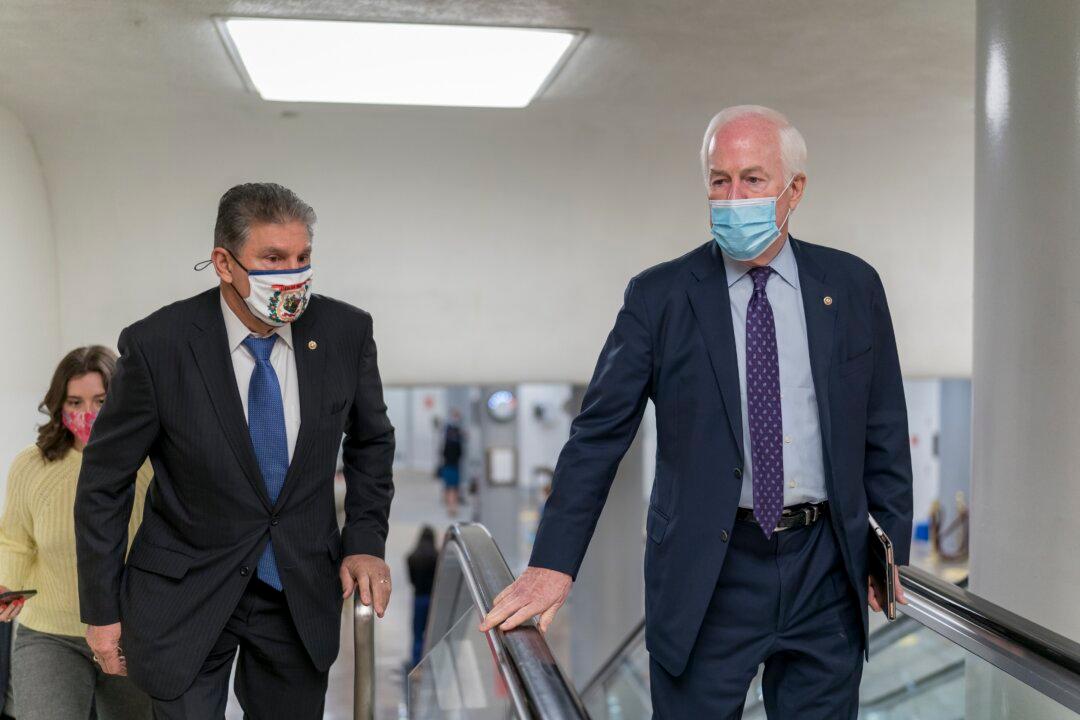The Senate on Friday held the longest vote in modern history, clocking nearly 12 hours.
The vote was on an amendment to President Joe Biden’s $1.9 trillion COVID-19 relief package.


The Senate on Friday held the longest vote in modern history, clocking nearly 12 hours.
The vote was on an amendment to President Joe Biden’s $1.9 trillion COVID-19 relief package.